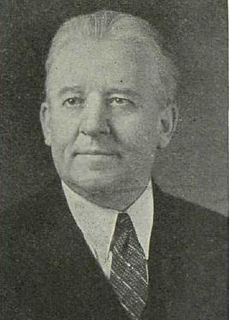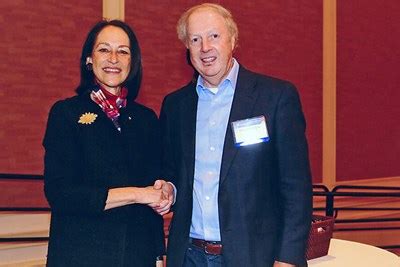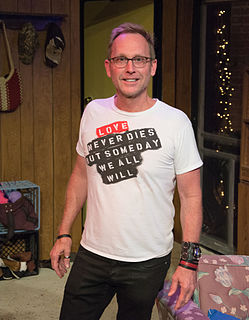A Quote by Thomas S. Monson
I forbid you, agnostic, doubting thoughts, to destroy the house of my faith.
Related Quotes
The word 'religion' is only a label. What lies behind that, the most important thing of all, is the word 'faith'. You either have faith, or you don't have faith, or you have degrees of faith - and if you have degrees of faith, then you become agnostic. You're kind of in-between, or you're on the fence.
So it is best to keep an open mind and be agnostic. At first sight that seems an unassailable position, at least in the weak sense of Pascal's wager. But on second thoughts it seems a cop-out, because the same could be said of Father Christmas and tooth fairies. There may be fairies at the bottom of the garden. There is no evidence for it, but you can't prove that there aren't any, so shouldn't we be agnostic with respect to fairies?





































